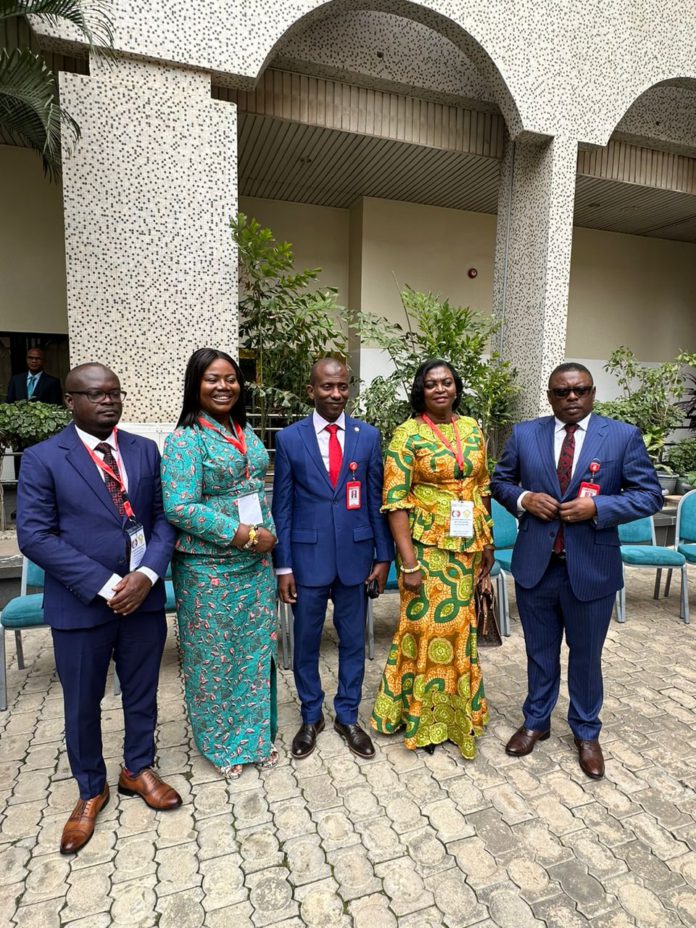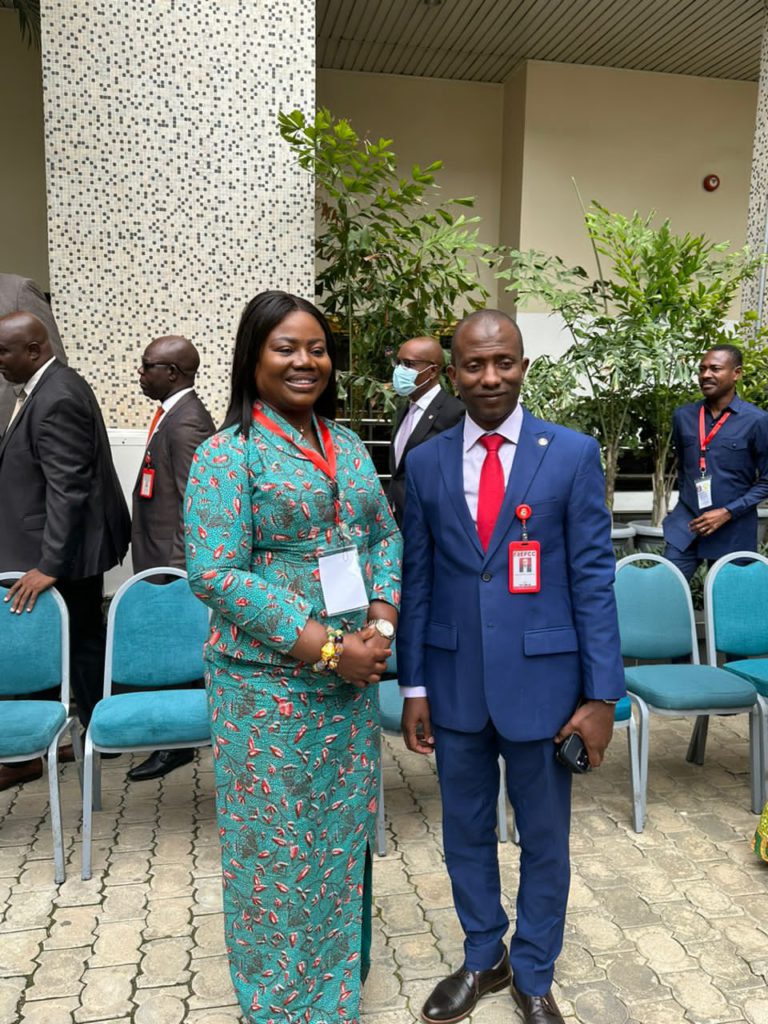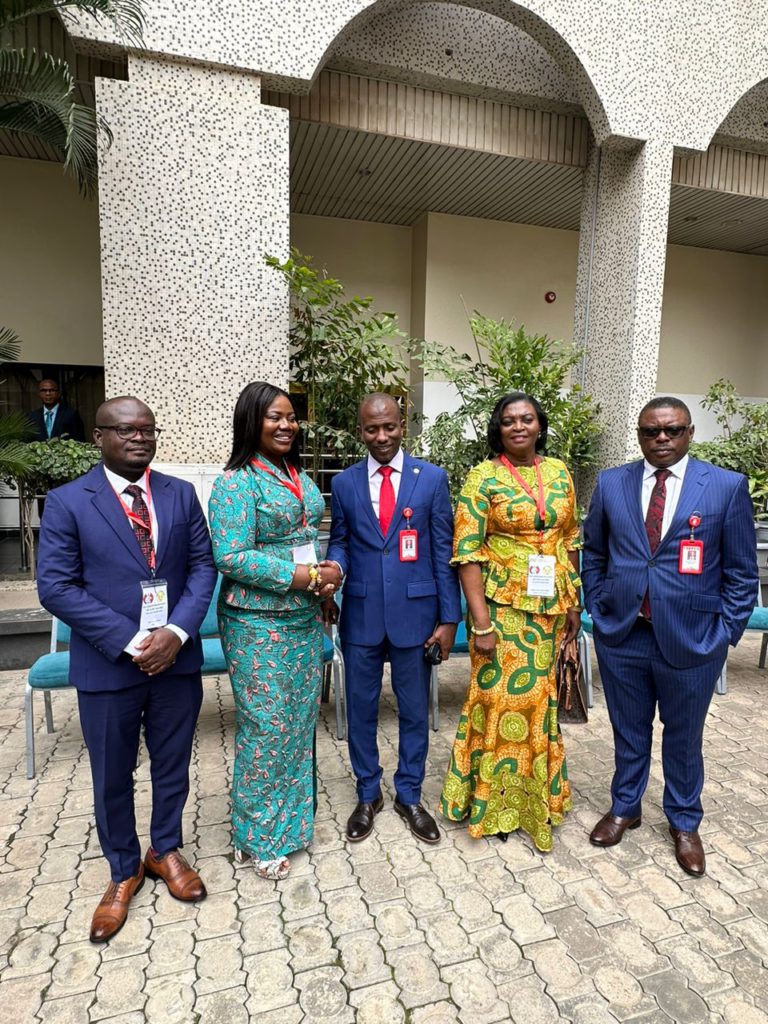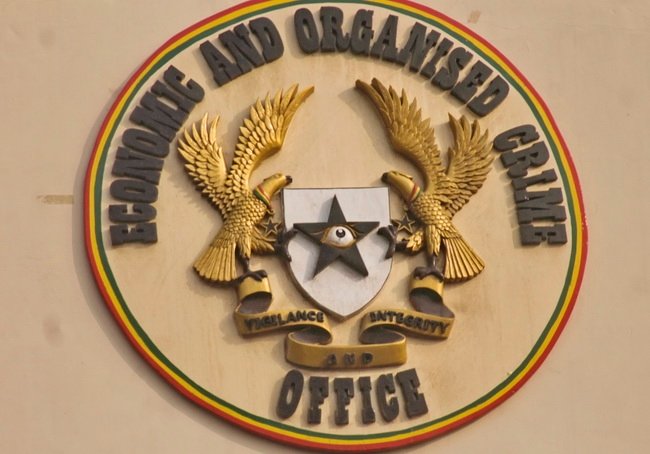
Ghana’s Economic and Organised Crime Office (EOCO) is actively collaborating with Nigeria’s Economic and Financial Crimes Commission (EFCC) to combat cybercrime in the region.
According to a combined survey conducted by INTERPOL, reported cybercrime in the years 2013 to 2015 witnessed a staggering 132 percent increase.
During this period, businesses suffered an average annual loss of USD 2.7 million, while individuals lost around USD 422,000 each year.
However, only 30 percent of the reported cybercrimes resulted in arrests.
The survey identified two major types of threat actors operating in the region: “Yahoo boys” and “Next-Level Cybercriminals.”
During the opening of the Cybercrime Peer Exchange Programme hosted by the EFCC in Nigeria, COP Maame Yaa Tiwaa Addo-Danquah (Mrs), the Executive Director of EOCO, expressed her delight in the collaboration.

She emphasized that this partnership would significantly strengthen the fight against cybercrime in the West African Sub-Region.
Mrs. Addo-Danquah revealed, “I am excited about the EFCC’s agreement to host this program, which will serve as a powerful mechanism for sharing experiences, reinforcing best practices, identifying deficiencies, and assessing capacity-building needs. Our aim is to develop policies, standards, and practices that will lead to effective crime-fighting and crime-prevention strategies in the West African sub-region.”
Mr. Abdulkarim Chukkol, the Acting Executive Chairman of the EFCC, commended EOCO for its long-standing collaboration in combating economic and financial crimes and upholding justice and integrity.
He stressed the value of fostering strong partnerships and cooperation among law enforcement agencies globally.
The Regional Peer Exchange, supported by GIZ Governance for Inclusive Development Programme co-funded by the UK Foreign, Commonwealth and Development Office, aims to strengthen structures and systems in the fight against Serious and Organised Crime.
As part of this goal, the exchange between EOCO and EFCC was organized to enhance regional cooperation in combating cybercrime and other serious organized crimes.
The exchange program provides an opportunity for both institutions to share best practices, discuss existing challenges related to regional cooperation mechanisms, and explore effective strategies for tackling cybercrime and other serious organized crimes.
Participants at the program include 14 staff members from EOCO, two representatives from the Ghana Police Service, and four individuals from GIZ.







